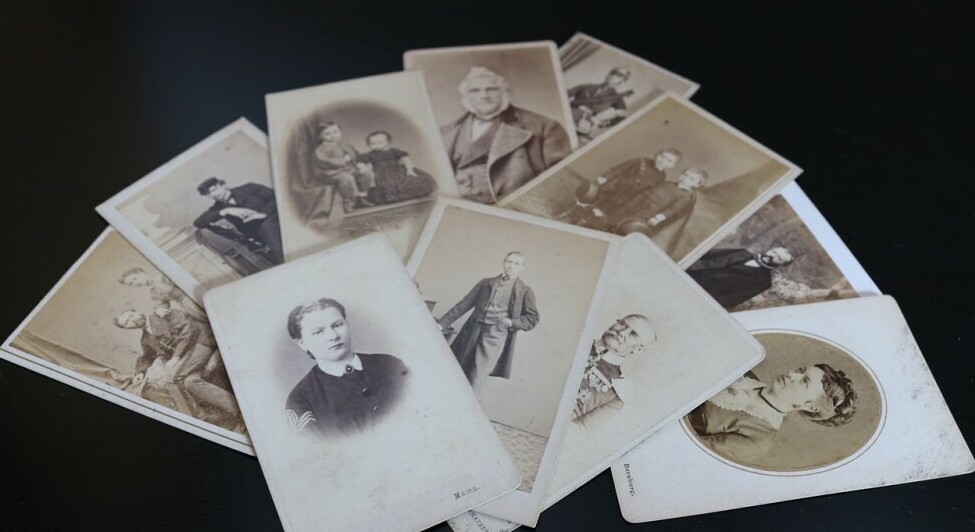Table of Contents
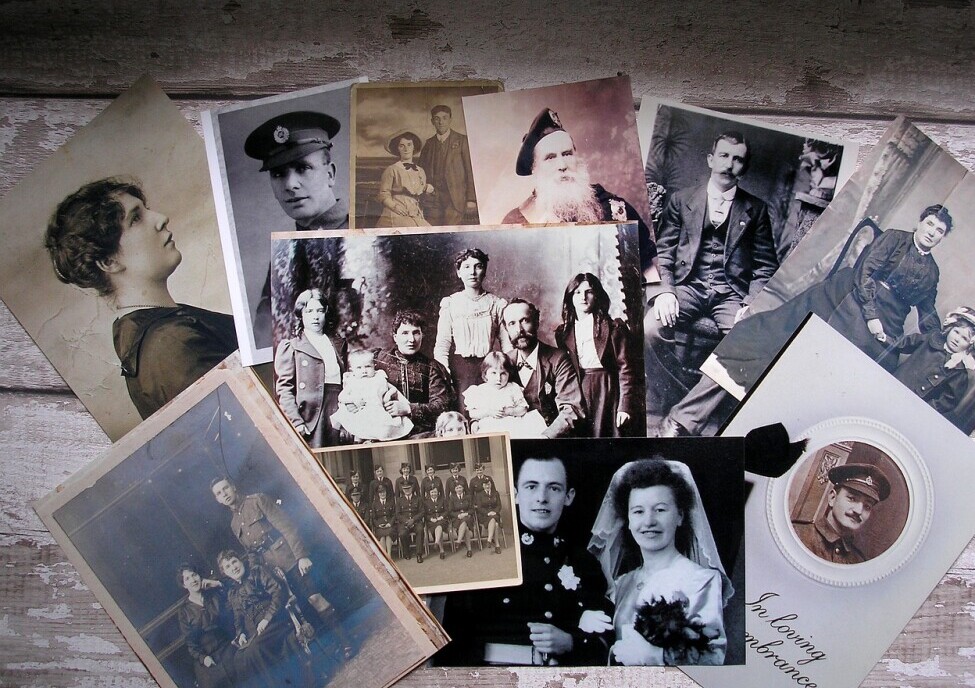
The landscape of genealogy has evolved dramatically in the digital age. Gone are the days of dusty archives and meticulous research in libraries; today, social media platforms are at the forefront of this transformation. This article explores how social media is reshaping genealogy research, allowing users—from casual enthusiasts to dedicated genealogists—to connect, collaborate, and share their family histories like never before.
Understanding the rise of digital genealogy is essential for anyone interested in family history. Social media serves as a repository for information and a vibrant community where researchers can engage with one another. The implications are profound: with a few clicks, one can connect with distant relatives, discover added resources, and even document family stories for future generations.

The Rise of Digital Genealogy
Digital genealogy has increased access to family history resources. Online databases and resources, such as Ancestry.com and FamilySearch, have enabled individuals to research their lineage from the comfort of their homes. These platforms often integrate social media elements, encouraging users to share findings and collaborate.
Moreover, the accessibility of information has sparked a global interest, allowing people from diverse backgrounds to explore their heritage. As technology continues to evolve, so does the ability to share and curate family stories engagingly. This is where social media comes into play, providing interaction among genealogy enthusiasts.
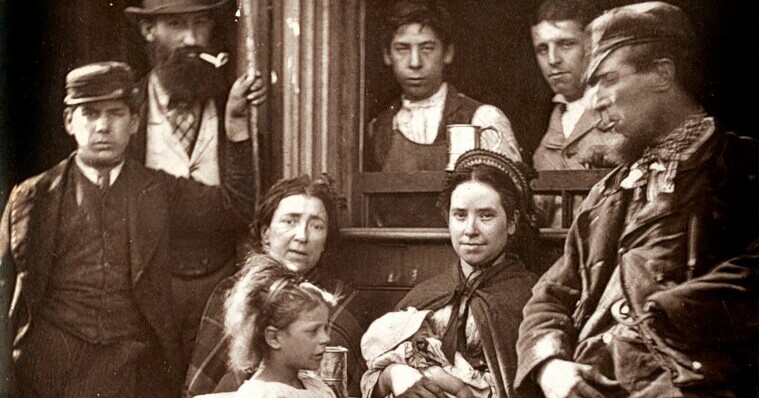
Why Social Media Matters in Family History
Social media’s importance in genealogy lies in its ability to foster connections. It enables individuals to join communities based on shared interests, whether a specific ethnic background, geographical location, or a common ancestor. Users can ask questions, share findings, and support one another in their research journeys.
Social media platforms can also serve as live database extensions where information evolves in real-time. Community members often share tips, resources, and firsthand experiences, enriching the knowledge base. This makes social media an invaluable tool for those researching their ancestry.
Facebook Groups Dedicated to Genealogy
Facebook has emerged as a primary platform for genealogical research. Numerous groups are dedicated to this niche, offering a space to explore similar lines of inquiry or shared ancestral connections. This opportunity to network enhances personal research and builds a supportive community.
Collaborative Family Tree Building
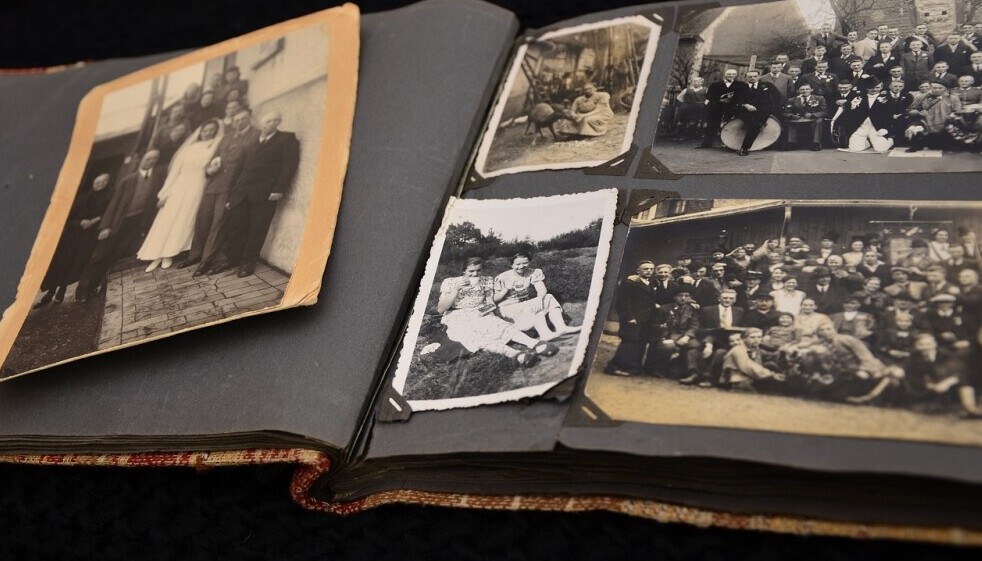
Social media facilitates collaborative family tree building, enabling users to collaborate on shared genealogical projects. Tools like WikiTree and FamilySearch’s collaborative family trees allow multiple users to contribute information, ensuring a more comprehensive and accurate representation of family histories.
Such collaboration often leads to breakthroughs that an individual researcher might struggle to achieve alone. As users share documents, photos, and insights, the family tree becomes a living document, continually updated and enriched by contributions from various family members.
Sharing Resources and Tips
Another invaluable aspect of social media is the ease with which researchers can share resources and tips. Whether it’s a new database, a helpful article, or a tutorial, users can quickly disseminate information that could benefit others in the community. This exchange accelerates the learning curve for novice researchers and keeps seasoned genealogists informed about the latest tools and technologies.
For instance, a simple post-sharing of a new online archive can prompt a flurry of activity as users explore the new resource and knowledge base. This makes social media an invaluable tool for those researching their findings.
This collaborative spirit enriches the entire community, making the pursuit of genealogy a more collective endeavor.
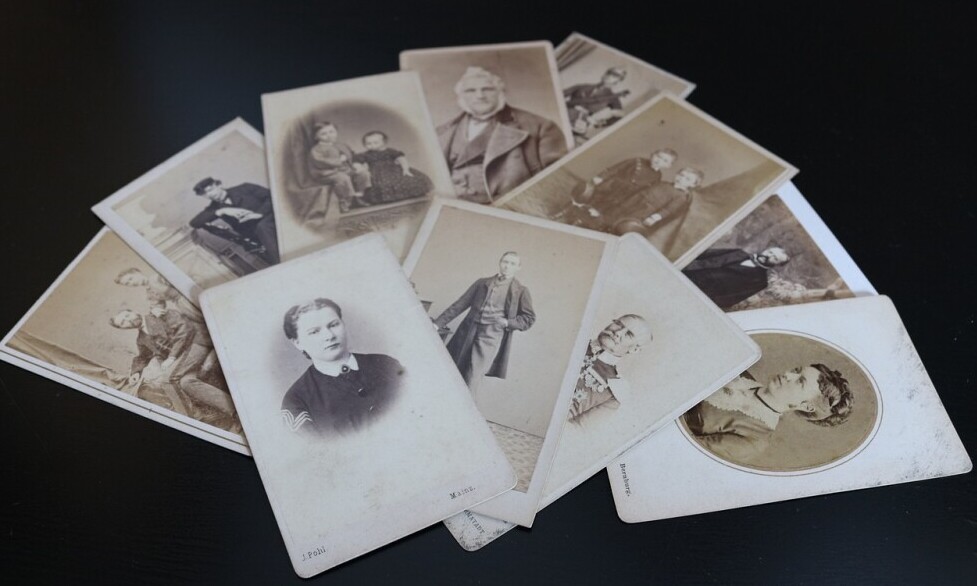
Starting a Blog for Family Research
A personal blog dedicated to genealogy can be a rewarding way to document and share one’s research journey. This platform allows individuals to delve deeper into their findings, share detailed narratives, and connect with others with similar interests or ancestral backgrounds.
Moreover, blogs can serve as historical documentation, preserving family stories that might otherwise be lost. Engaging with audience comments can spark insightful conversations and provide new leads for research.

Staying Organized in the Digital Age
The influx of information available through social media can be overwhelming. Staying organized is vital for effective research. Many genealogists use digital tools like Evernote or Trello to catalog their findings and manage tasks efficiently. Cloud storage solutions can help ensure that vital documents and photos are readily accessible. A structured research approach can make navigating the wealth of information online more manageable and lead to more successful outcomes.

The Role of AI in Family History Research
Artificial intelligence is poised to transform genealogy. AI technologies can assist in pattern recognition, making connecting the dots between disparate pieces of information more accessible. For instance, advanced algorithms can analyze historical records to identify potential family relationships.
Furthermore, AI can help streamline the research process by automating mundane tasks, enabling researchers to focus on more complex inquiries. As these technologies advance, they will become invaluable tools for genealogists at all levels.

Emerging Social Media Tools
As social media evolves, new tools tailored to genealogists will likely emerge. Innovations like augmented reality applications and genealogy-focused networking platforms may enhance how users connect and share information.
Staying informed about these developments will be essential for genealogists looking to leverage the latest tools in their research. These advancements promise enhanced connectivity and exciting new ways to document and share family histories.
Conclusion
As we navigate the digital revolution in genealogy, it becomes clear that social media has fundamentally changed how we research, connect, and share family histories. By embracing these platforms, genealogists can tap into a wealth of resources, build meaningful connections, and engage with their heritage innovatively.
The future of genealogy is bright, with advancements in technology promising even more opportunities for exploration. As individuals engage with these tools, the tapestry of family history will grow more affluent and intricate, ensuring that stories continue for future generations.
1. How can I find genealogy groups on social media?
Search for specific keywords related to your interests on platforms like Facebook to find genealogy groups. You can also explore hashtags on Instagram or Twitter to discover discussions and communities focused on family history.
2. Are there any privacy concerns when using social media for genealogy?
Yes, sharing family history on social media can expose sensitive information. Before sharing personal details publicly, it’s essential to anonymize data and obtain consent from family members.
3. What are some reliable sources for genealogy research?
Reliable sources include established genealogy databases like Ancestry.com, FamilySearch, and MyHeritage. Additionally, engaging with experienced genealogists within online communities can help verify information.
4. Can I use my smartphone for genealogy research?
Yes, many genealogy apps are available for smartphones. These allow you to access databases, organize research, and record interviews with family members.
5. What role does AI play in modern genealogy?
AI helps streamline genealogy research by automating tasks and identifying patterns in historical records. This makes it easier to connect family relationships and enhances the research process.


